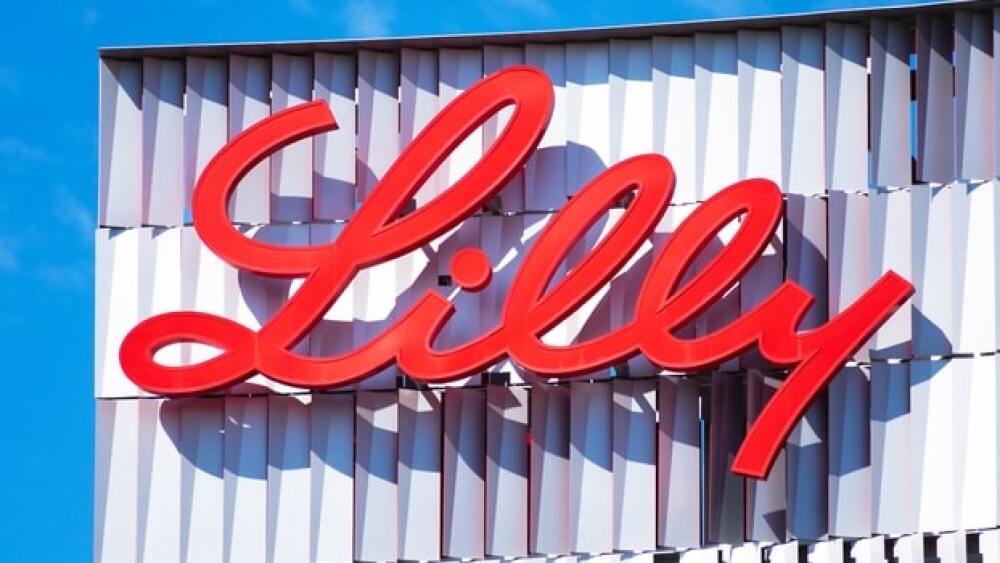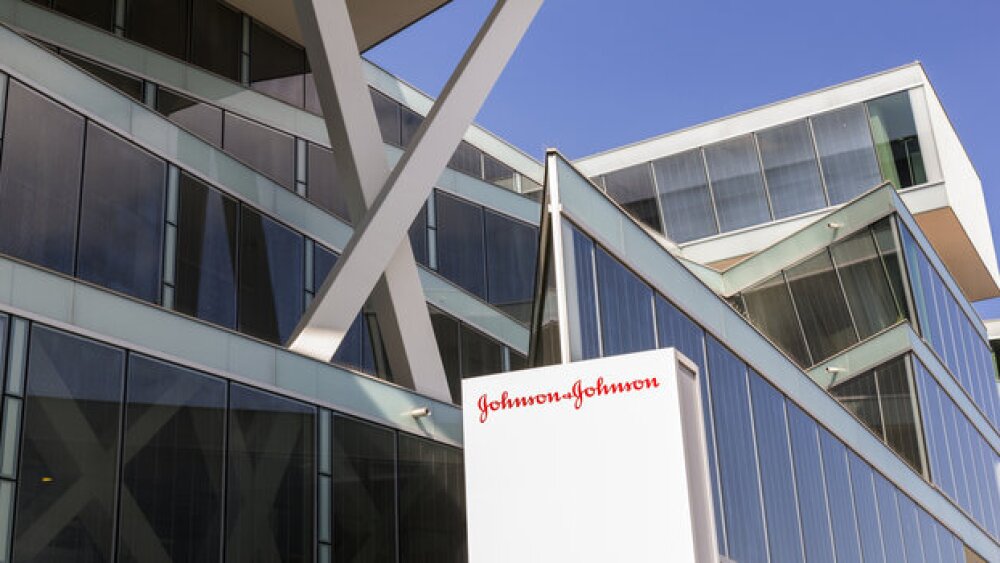Eli Lilly is jumping into the RIPK1 chase, paying $125 million up front to partner with Rigel Pharmaceuticals to co-develop its lead RIPK1 inhibitor program across all indications.
Michael Vi/Shutterstock
Eli Lilly is jumping into the RIPK1 chase, paying $125 million up front to partner with Rigel Pharmaceuticals to co-develop its lead RIPK1 inhibitor program across all indications. The race is on with a rival program in clinical testing by Sanofi and Denali Therapeutics that has already seen some setbacks.
As part of the deal, Lilly has a global exclusive license for the lead receptor-interacting serine/threonine-protein kinase 1 (RIPK1) inhibitor, R552, a once-a-day oral therapeutic candidate that has completed Phase I safety testing in healthy volunteers. In murine preclinical studies, the molecule has prevented joint and skin inflammation. RIPK1 plays a role in necroptosis, a type of regulated cell death where cells rupture and the exposure of their inner contents prompt an immune response. The mechanism has been linked to both inflammatory and neurodegenerative diseases.
The companies are planning a Phase II trial to launch this year in undisclosed indications, including autoimmune and inflammatory diseases. In addition to the $125 million Lilly agreed to pay up front, Rigel will be eligible for $835 million in milestone payments, plus tiered royalties. Rigel will still be eligible to co-commercialized R552 in the U.S., and Lilly will foot the bill to commercialize the compound globally.
Rigel has additional brain-penetrating RIPK1 inhibitors in preclinical development, which Lilly may move into the clinic for neurological diseases. Per the agreement, Lilly will be responsible for all clinical development and commercialization in those indications.
The partnership mirrors a 2018 deal, where Sanofi paid $125 up front to Denali to codevelop RIPK1 inhibitors for multiple sclerosis, Alzheimer’s disease, and amyotrophic lateral sclerosis, and systemic inflammatory diseases like rheumatoid arthritis and psoriasis. The partners are launching a Phase II trial for DNL758, a peripherally restricted RIPK1 inhibitor, in cutaneous lupus erythematosus early this year.
But last year Denali and Sanofi paused Phase Ib trials for the previous lead program, DNL747, after discouraging safety signals. They shifted resources to DNL788, which had a better therapeutic window in preclinical testing, and it is now in Phase I testing by Sanofi for the same neurological indications.
DNL747 isn’t the only clinical failure for an RIPK1 inhibitor. GlaxoSmithKline killed its asset GSK095, then in Phase I testing for pancreatic cancer, in 2019. The company no longer appears to have an active RIPK1 program.
Lilly has at least eight candidates in clinical development for neurodegenerative diseases, including donanemab, for which the company announced positive topline Phase II data last month.





